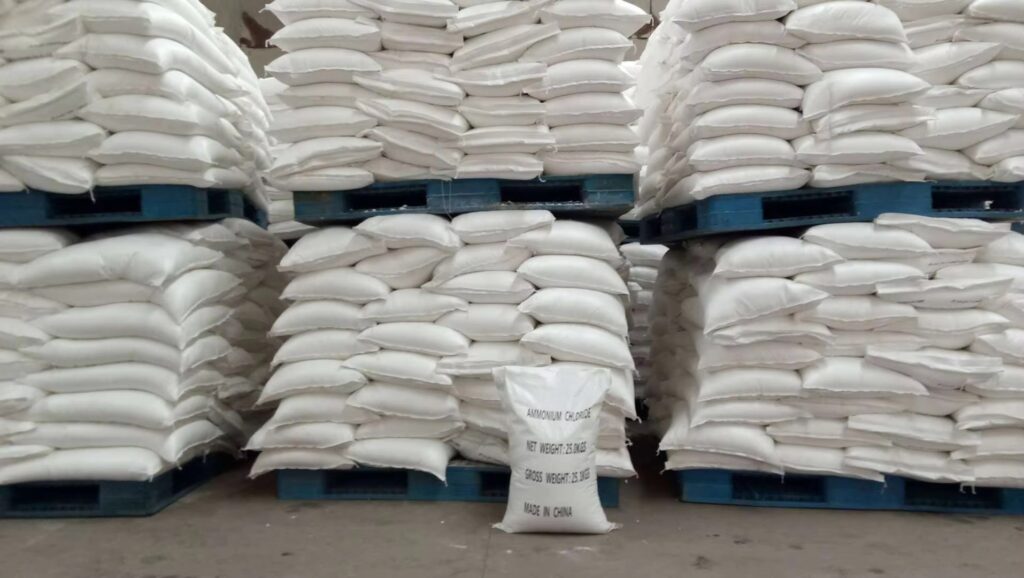Messi Biology states that magnesium oxide plays a vital role in the synthesis of magnesium silicate. It not only acts as a magnesium source, providing the magnesium ions needed for the reaction, but also influences the final structure and properties of magnesium silicate through its chemical characteristics. Magnesium silicate is a common inorganic compound widely used in construction, refractory materials, medicine, and agriculture. The role of magnesium oxide in the synthesis of magnesium silicate can be discussed in detail from the following aspects:

- Magnesium Oxide Provides Magnesium IonsThe chemical formula of magnesium silicate is MgSiO₃. The basic reaction for synthesizing magnesium silicate involves the reaction of a magnesium source and a silicon source, with magnesium oxide often used as the source of magnesium. For example, at high temperatures, magnesium oxide reacts with silicic acid (SiO₂) to produce magnesium silicate. Magnesium oxide participates in this reaction by providing magnesium ions (Mg²⁺), ensuring the formation of magnesium silicate.
- Influence of Reaction Conditions on Magnesium Silicate SynthesisMagnesium oxide not only acts as a provider of magnesium but also affects the temperature, time, and pressure conditions of the reaction. At high temperatures, magnesium oxide can more easily react with silicic acid to form magnesium silicate. When the temperature is too low, the reactivity of magnesium oxide is poor, which may lead to an incomplete reaction, affecting the yield and quality of magnesium silicate.
- Influence on the Physical Properties of Magnesium SilicateMagnesium oxide has a significant impact on the crystal structure and particle size distribution of magnesium silicate during the reaction. The particle size, purity, and reaction environment control of magnesium oxide directly affect the crystal structure and physical properties of magnesium silicate. Smaller particles of magnesium oxide are more likely to react with silicic acid, producing finer and more uniform magnesium silicate, which is crucial for its performance in applications.
- Influence on the Solubility of Magnesium SilicateIn some applications, the solubility of magnesium silicate may affect its effectiveness. The purity of magnesium oxide and its reaction efficiency with silicic acid will affect the solubility of magnesium silicate. For example, in agriculture, when magnesium silicate is used as a soil amendment, magnesium silicate with better solubility can release magnesium ions more quickly, thereby improving soil fertility.
- Improving the Thermal Stability of Magnesium SilicateMagnesium oxide plays a role in improving the thermal stability of magnesium silicate. Magnesium silicate itself is a relatively stable inorganic compound that can maintain its structure unchanged in high-temperature environments. The participation of magnesium oxide helps to form a more stable chemical structure during the synthesis process, giving the final product higher heat resistance.
- Influence on the Application Performance of Magnesium SilicateIn certain specific applications, the performance requirements of magnesium silicate are high. For example, in refractory materials, the thermal conductivity, mechanical strength, and fire resistance of magnesium silicate are crucial. The magnesium ions provided by magnesium oxide in these processes not only participate in the reaction to generate magnesium silicate but also directly affect the structure and performance of the final product. High-purity magnesium oxide can promote the completeness of the reaction and ensure the quality of magnesium silicate.
- Particle Size and Reactivity of Magnesium OxideThe particle size and reactivity of magnesium oxide are crucial in the synthesis of magnesium silicate. Finer magnesium oxide particles can increase the reaction surface area, making the reaction with silicic acid more complete and accelerating the reaction rate. Smaller particle sizes of magnesium oxide usually lead to smaller particle sizes of the product magnesium silicate, which is beneficial for the uniformity and controllability of the final material.
- Purity and Reaction Efficiency of Magnesium OxideThe purity of magnesium oxide directly affects the production efficiency and product quality of magnesium silicate. Higher purity magnesium oxide can reduce the interference of impurities, improve the selectivity of the reaction, and ensure that the magnesium silicate generated during the reaction is more pure and stable. In some high-demand applications, the high purity of magnesium oxide can significantly improve the final performance of magnesium silicate.
